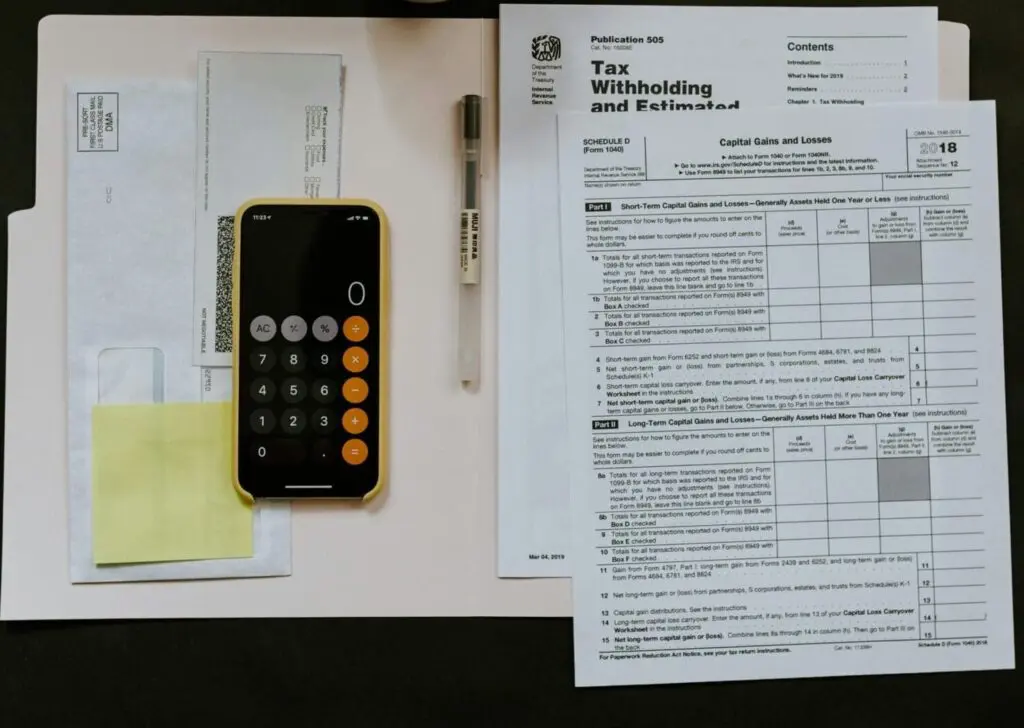Gibraltar tax agreement with Spain. What does the tax agreement between Spain and Gibraltar mean for you? Gibraltar is not just a rock. The city is a special place, with a very interesting history that reflects the constant flux of relationships between Spain and the UK. The overseas territory has a thriving economy, based on financial services and tourism and benefiting from its strategic position between the Atlantic and the Mediterranean, and bridging Europe and Africa.
Of course, Gibraltar has also been the subject of controversy, not least because of its disputed territorial status. Spain has sought to reclaim it since the 18th century, Britain has employed it as a strategic military base, and Gibraltarians have aimed to gain autonomy to decide over their own affairs. All in all, the past decades were a recognisable improvement, both sides of the border benefiting from the EU’s smoothing of border controls. The area in southern Spain around the rock has grown thanks to Gibraltar’s demand for workers. And Gibraltar has benefited from a little extra breathing space, despite some recurring diplomatic conflicts.
What is the future of this relationship between Gibraltar, Spain and the UK, now that Brexit is around the corner? One particular aspect of interest is tax, as the British overseas territory has a more favourable context for certain activities. Let’s look into the latest developments.
The Spain-Gibraltar tax treaty and its impact in 2020
The 2019 tax treaty is not just important because of its effects on income on both sides of the border. The Spain-Gibraltar tax treaty is the first international agreement regarding the overseas territory since the Treaty of Utrecht in 1713, which established British sovereignty over the area. In fact, as a sign of goodwill between Spain and the UK, the treaty was negotiated outside of the Brexit Withdrawal Agreement, and is considered independently of any outcome from the conversations between the European Union and the United Kingdom. In consequence, the treaty is a good example of how win-win outcomes are possible in a post-Brexit environment if diplomats are willing to reach compromises.
In March 2019, the tax treaty was agreed between the relevant parties, confirming its enforcement from March 2020. The treaty affects all taxes, including individuals, firms, trusts and any other type of organisation with transborder interests. At a glance, the most important development is the removal of Gibraltar from the Spanish “blacklist” of tax havens. This has been welcomed, as it contributes to limit mistrust between parties when it comes to activities like the fight against tax fraud and other issues. Another important change is the establishment of clear communication channels between both sides’ tax authorities to share updated information.
Avoiding corporate tax fraud is an important goal of the treaty. This is why companies will no longer be able to use Gibraltar to escape tax authority supervision in Spain, and will be taxed in the country if:
- Most of the assets are located in Spain.
- Most of the revenue is generated in Spain.
- Company managers are tax resident in Spain.
- Capital rights belong to Spanish citizens.
There is one exception: those firms which can show that 75% of their revenue is generated in Gibraltar will be able to keep tax residency in the territory after the treaty. Despite these rules, nevertheless, the tax agreement implies that Spain accepts corporate tax rates in Gibraltar, which had been considered unfairly low in the past.
What about individuals? How will they avoid unfair taxation, or consequences due to failing to report their income correctly? First, the treaty clearly describes the criteria for individuals to acquire tax residence in Gibraltar, a status which some will lose in the overseas territory if:
- They spend more than 183 days a year in Spain.
- Their spouse, partner or family are resident in Spain.
- They own their regular home in Spain.
- At least two-thirds of their assets are located in Spain.
In essence, the tax seeks to end double taxation. Spaniards who work in Gibraltar will be taxed at source: since their income comes from jobs in the territory, they will pay income tax in the territory. However, since they also live in Spain, frontier workers might be liable for paying the difference between Gibraltarian taxes and Spanish taxes; if the former are lower. It is estimated that this will affect 14,000 people.
The Spain-Gibraltar tax treaty is a good sign for British expats
If the Brexit referendum vote in 2016 came as a shock for many, the past half decade has been full of prophecies and predictions about the fate of British expats in Spain. The fact is that it is not clear what will happen to them, as bilateral conversations between the UK and the EU have not finalised. As we begin the proper Brexit period, in January 2021, it will become clearer whether countries choose to act in their mutual benefit, or choose to play a chicken game through tough negotiation tactics. The Spain-Gibraltar tax treaty should be an example to lead Britain and Spain towards mutually positive outcomes in the future. The intensity of bilateral exchanges of people constitutes enough of a reason for an agreement.
Del Canto Chambers will carefully monitor the situation to provide the best possible service for our clients. In any case, if you have any assets or connections involving both Spain and Gibraltar, we suggest that you contact us to ensure that you prepare for the changes. The earlier you begin to plan your tax and residence responsibilities, the more money you will save. Plus, you can count on our multinational team to help you out as soon as any new legislation is introduced.
Del Canto Chambers is a leading London Chambers specialising in commercial law and tax, both domestic and international.
We can offer you extensive advice and guidance in putting the right legal structure in place for your new business. Our legal experts can work with you throughout the life of your enterprise, ensuring that it has a sound basis and that all compliance issues are properly dealt with.
To make a no-obligation enquiry, please either call us now on:
+44 2070 430648 or Make An Online Enquiry.








